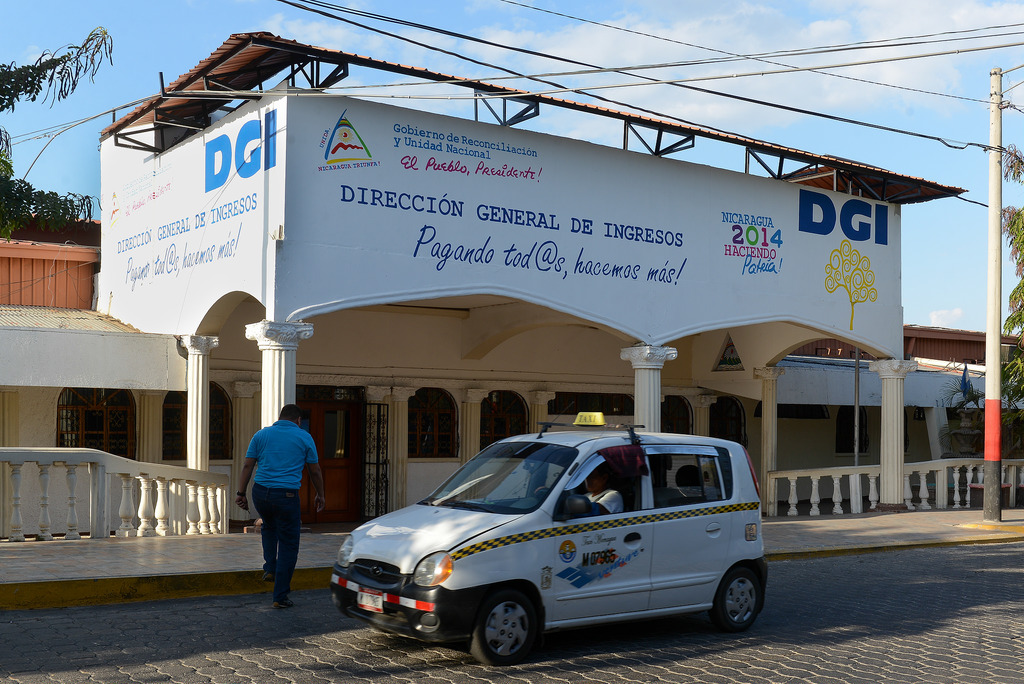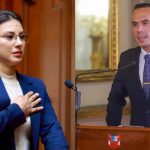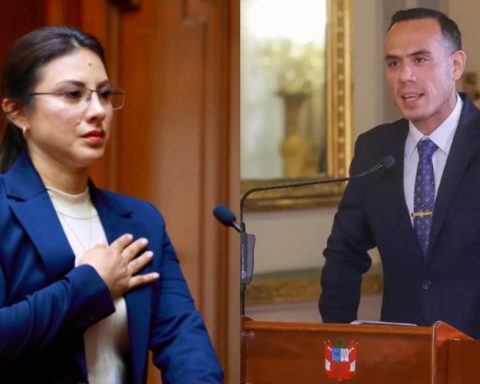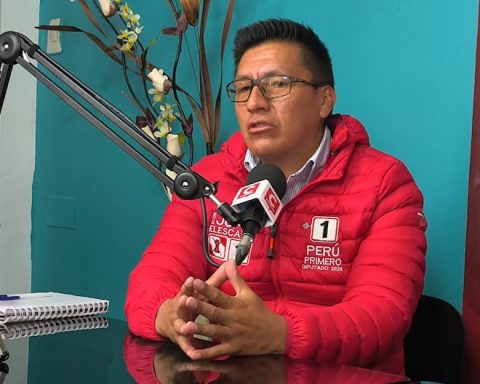Two tax experts consulted by CONFIDENTIAL they think that the application of a policy of blackmail against companiesclouds the business climate that entrepreneurs require to develop their activity, which, in the long run, can slow down the economic dynamics of a country, and reduce the collection that is sought to be increased.
A dozen businessmen and union leaders confirmed the existence of a fiscal harassment scheme in Nicaraguawhose implementation has been entrusted to the General Directorate of Revenue (DGI), the General Directorate of Customs Services (DGA), and the Managua Mayor’s Office (ALMA).
Some have been attacked at the same time by the DGI and the DGAand forced to pay in order to continue operating.
An entrepreneur forced to operate in such a toxic environment, “most likely thinks about it to start new businesses, and those who are already there, can seek certainty elsewhere, be it by changing the industry, or the country, that in Central America it is easy ”, assured Fernando Rodríguez, former Vice Minister of Finance of Costa Rica between 2014 and 2017.
The Guatemalan Abelardo Medina Bermejo, coordinator of the Macrofiscal Analysis area of the Central American Institute of Fiscal Studies (Icefi), said that “indisputably, businessmen need to have a clear idea of what is the true cost of operating the general system in which it is developed. your activity”.
The problem is that, in Nicaragua, the tax administration prefers to operate from opacity.
“The lack of definition of an audit mechanism or clarity in the management procedures -which can lead to the establishment of settings by the tax administration- raises the risk and reduces the desire to invest or reinvest in the country”, adds Medina Bermejo.
The Costa Rican Rodríguez recognized that “in the collection of taxes there will always be tension, but for that you have to develop rules, which have to be clear previous to the game, to know when entering an economic activity, which taxes must be paid, and how the differences are settled”, he explained.
For an entrepreneur, the lack of clear rules is “like planting without knowing if it will rain that year or not. The entrepreneur determines the degree of risk because one does not enter a business to lose money. The possibility of facing arbitrary, unannounced inspections, with results that cannot be foreseen, increases the fiscal risk, even for those who are doing the right thing”, he warned.
On the contrary, imposing additional payments on them can lead to bankruptcy, and in the long term, this would be counterproductive for the tax administration, because it reduces the taxpayer base.
“As an administrator, you want taxpayers to grow, and the activities that generate taxes. Companies must fulfill their obligations, but within a framework of certainty. The banks are not going to give you a loan – nor are you going to ask for it – if the tax administration charges you more than necessary,” insisted the former public official.
The performance of the DGI
From their offices in San José or Guatemala City, neither Rodríguez nor Medina Bermejo can be categorical when analyzing the vicissitudes faced by businessmen in Nicaragua, but they can assume the possibility that up to now the tax administration is doing its job well, and that this is the cause of the increase in claims.
The administrator of a company that three years ago suffered a repair for almost 400,000 dollars – of which he ended up paying only a fraction, thanks to the contacts that one of his managers (a former government official) maintains with people who are still in the Government – agrees with the appreciation of the two experts.
“What happens is that [los inspectores de la DGI] they are being more detailed, which has resulted in more fines being imposed… and businessmen are complaining because they were used to not paying the right amount,” he assured.
A businessman who had to pay a fine of several hundred thousand dollars, as well as a lawyer who works with that sector, rejected the ‘correct collection’ thesis, but refrained from offering a firm statement, or presenting their arguments, for fear of retaliation.
Guatemalan Medina Bermejo believes that “in Nicaragua, businessmen are very used to paying what they want and they don’t like audits.” So when they get audited and charged what’s right, they say “persecution! Terrorism!”.
“It can be terrorism and persecution, when the tax administration selects ‘by finger’ which companies are going to be evaluated,” or when they audit the same company over and over again, looking for any accounting loophole to fine it, the expert explained.
According to his criteria, a public evaluation is needed that shows the existing levels of evasion, so that citizens understand why taxpayers must be audited, especially the largest ones, who tend to be the greatest evaders.
“There must be a risk management module that allows knowing the criteria to be used, to select which companies are subject to verification more frequently,” he suggested.
It is not worth ‘going fishing’
referring to what must be any tax system, rather than what is the Nicaraguan tax administration, both experts highlight the need for systems to operate from predictability in all steps of the process, transparency in their actions, and the fairness with which agents, especially taxpayers, will be treated.
The Guatemalan Medina Bermejo acknowledges that there are companies that are more likely than others to undergo a review, when they do not present their declarations, or perhaps they declare lower sales, while they show that they are buying more, or simply, they do not report all their operations, etc.
In all cases, it is required that everyone -the tax authority, and the taxpayers- know the prior rules. “If those criteria are not made known, and an opposition group is sent to evaluate permanently and persistently, that is fiscal terrorism,” said the expert.
“The problem is when a tax administration -such as the Nicaraguan one- in its process of opacity, tramples those under his authorityeven in cases where the State is right,” he added.
Insisting on the idea that “it is not correct that several audits are carried out on the same taxpayer a year,” Medina Bermejo said that in countries like Spain, it is published from January, who will be audited during the year.
Although in the mentality of those who administer the Nicaraguan tax system, the idea may seem strange and inapplicable, the chapín expert explains that it is not about going out to find who is doing things wrong to fine them, but about making sure that everyone does it right.
Rodríguez stresses that it is essential that there are certainties: how it is charged, how it is settled, how it is arranged, what rules protect them as taxpayers… to the point that “the type of companies that are going to be inspected are notified in time,” they are. these construction companies, banks, etc.
“The tax administration practices random controls, based on pre-established standards. Notifying companies generates certainty”, insists the Costa Rican, emphasizing that it is not common to audit the same companies every year.
“There is an international principle: do not fishing expeditions [expediciones de pesca]. It is not worth arriving by surprise at a company, to see what I get. They are rules that must be respected, and simply avoid going out to find where to get money,” Rodríguez said.















